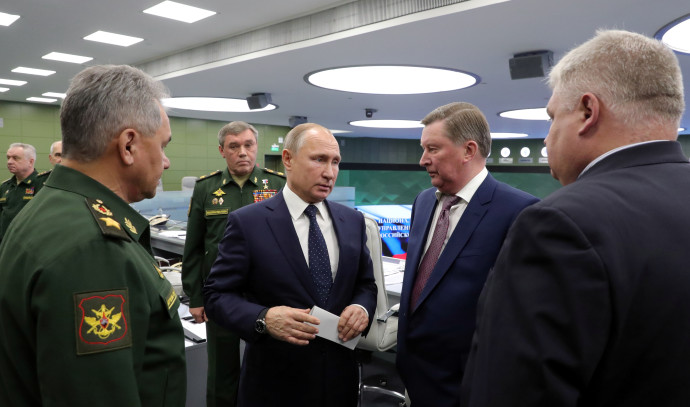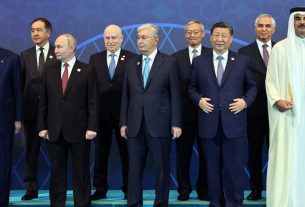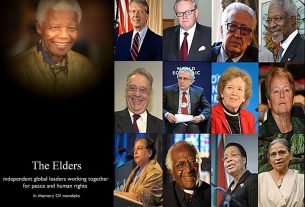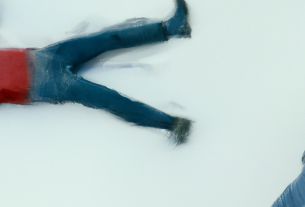Russia’s envoy to the Comprehensive Nuclear-Test-Ban Treaty Organization said on Friday that Moscow planned to revoke its ratification of the treaty, soon after the CTBTO’s head said it would be “concerning” for Russia to consider doing so.
Russian President Vladimir Putin said on Thursday that Moscow could look at revoking its ratification of the Comprehensive Nuclear-Test-Ban Treaty (CTBT) as the United States had signed but not ratified it.
Russia’s top lawmaker, Vyacheslav Volodin, then said the State Duma lower house of parliament would swiftly consider if there was a need to take such action.
Russia’s ambassador to the CTBTO
Soon afterwards, however, Russia’s ambassador to the CTBTO, Mikhail Ulyanov, said Moscow was going ahead with the move.
“#Russia plans to revoke ratification (which took place in the year 2000) of the Comprehensive Nuclear-Test-Ban Treaty (#CTBT),” Ulyanov said on X, the social media platform formerly known as Twitter.
“The aim is to be on equal footing with the #US who signed the Treaty, but didn’t ratify it. Revocation doesn’t mean the intention to resume nuclear tests.”
The CTBT has been signed by 187 countries and ratified by 178 but cannot go into force until eight specific holdouts have signed and ratified it. China, Egypt, Iran, Israel and the United States have signed but not ratified it. North Korea, India and Pakistan have not signed.
“It would be concerning and deeply unfortunate if any State Signatory were to reconsider its ratification of the CTBT,” CTBTO Executive Secretary Robert Floyd said in a statement.
“The Russian Federation has consistently reaffirmed its strong support of the CTBT since its very inception, helping to negotiate the Treaty in the Conference on Disarmament, signing the day it opened for signature on 24 September 1996, and ratifying it in June 2000,” he added.
Russia withdrawing could be a blow to the treaty since, like the other eight states, it is one of the “Annex 2” countries that must all have ratified it for it to enter into force.
“I look forward to continued close cooperation with the Russian Federation and all States that have committed to creating a world free of nuclear testing,” Floyd said.



